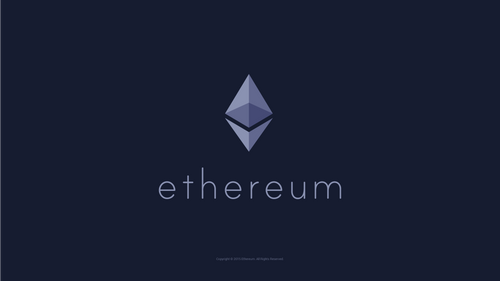The blockchain is a trendy subject, and we believe one needs to apply its principle to an actual project to understand its technology and progress status. We chose to implement an online money pot in Ethereum, a kind of blockchain that focuses on smart-contracts instead of money transfer. This article demonstrates how we can leverage Ethereum to develop this use-case.

If you are not familiar with any of these concepts, you should first read this article (French) which presents an overview of these notions. If you already know of them, you can skip this paragraph. And if you are "in between", I will simply remind you that in addition to allowing the transfer of tokens embodying a value (ethers), like Bitcoin, Ethereum can be considered as a replicated, timestamped, immutable database storing contracts and allowing them to be executed in a given environment. These contracts are actually code representing business processes.
Just like Bitcoin, all transactions are charged. Some additional fees are added so that a transaction gets validated and added to the blockchain. These fees do not end up in any natural or legal person's pocket, but they are used to encourage the network members to validate transactions, therefore to certify that they are not fraudulent.

Online money pots have known a blazing success these last few years, 2 famous examples being Leetchi (created in 2009) and Le pot commun (created in 2011).
Unlike crowdfunding platforms, there is no need to reach a minimum amount, there is no reward for contributors and they handle more types of projects. A money pot can be created to celebrate a birthday, to make a gift, or even to finance construction works after a flood.
Most of the online services are available for free, but a free service can be very lucrative. Indeed, advertising on Internet is more and more targeted and personal and tracking information is a gold mine. In these cases, the user is not the consumer, but he is the product itself.
Existing online money pots which do not draw off commissions have another way to make money, because they require to use VISA, Paypal or other vendors for transactions, vendors usually not free.
They count on our trust to deal the collected amounts to the proper person when the money pot is closed.

With Ethereum, the money pot is written as smart-contracts. When they are deployed to the blockchain, everyone can interact with them. Ethereum applies a pay-as-you-go model. You pay each time a function is executed, the cost is explicit (the gas) and the payment is much simpler: no need to authenticate on a third party system or to take out you credit card, only Ethereum's wallet is required.
Here is an overview of the costs related to our contracts (these costs will decrease after Ethereum's next release, Metropolis (French)):
- To contribute to a money pot, you need to pay 0.002295 ethers, which is about 0.0367€. This price may slightly vary depending on the size of the submitted username because it will be stored by the blockchain.
- To create a money pot, you need to pay 0.01617368 ethers, which is about 0.259€. This price may slightly vary as well depending on the size of the variables stored into the contracts
The ether, like any cryptocurrency, is very volatile, it is subject to the supply and demand laws, without any currency policy. The ethers sent to a money pot can therefore have a euro value that fluctuates over a week time. This volatility is only a consequence of the comparison with other currencies. This is actually one of the main stakes of the Ethereum platform to be broadly adopted: benefiting from a stable Ether price.
Ethereum users can also review the money pot's code by comparing the bytescodes written in the blockchain with the ones they can compile from the source code publicly disclosed. Every coin making its way to the money pot will end up at the recipient address registered in the contract. The funds are now accountable, which was impossible with "regular" money pots, which can be of great interest for charity donation for instance. This traceability stops at Ethereum's exit nodes (the exchange platforms). Indeed, today you eventually need to trade your Ethers for euros to spend your money, but one can dream of a time when Ether is as good a mean of payment as any.
Because of its community aspects, Ethereum blockchain seems like a perfect candidate to this money pot use-case. We will see in later posts that its implementation does come with some limits.